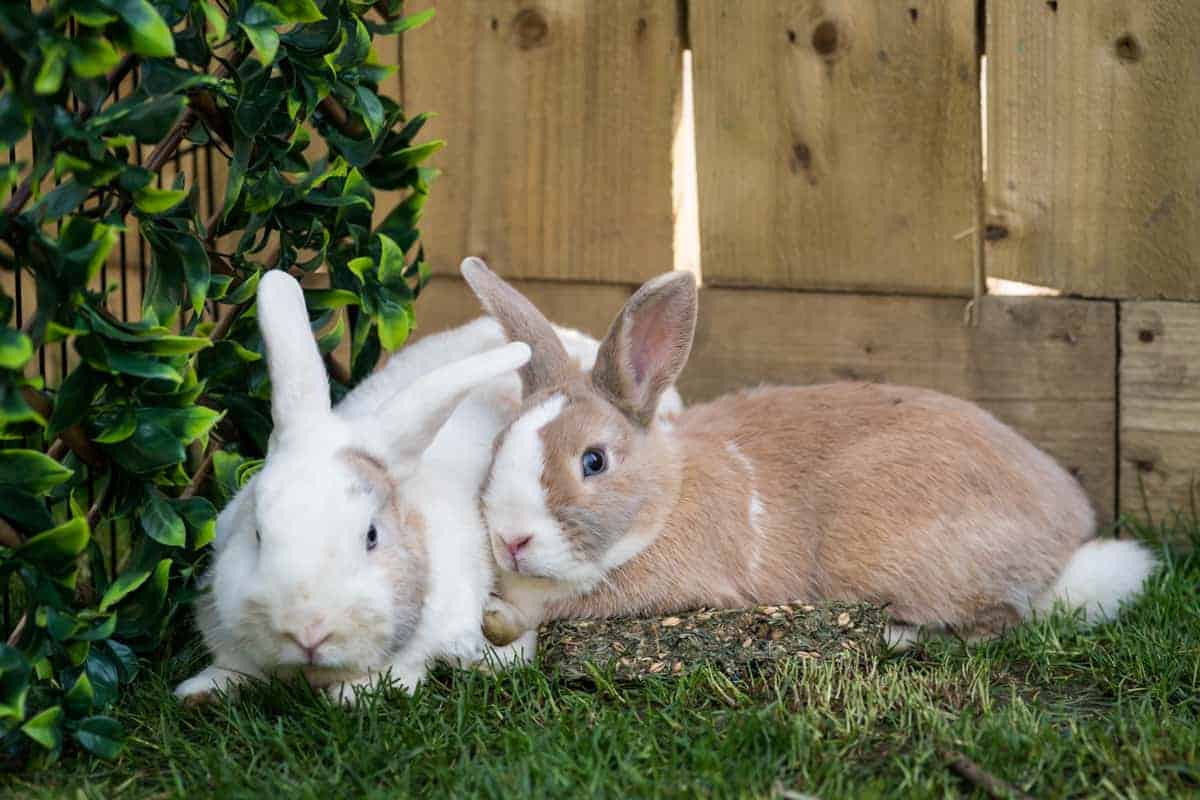
Did you know that our Burgess philosophy is based on the five animal welfare needs? As animal lovers ourselves, we believe that providing for the physical, mental and emotional health of our four-legged friends should be at the heart of everything we do.
The UK introduced the Animal Welfare Act in 2006 to help protect the health and welfare of all animals and as pet owners we all have the responsibility to look after our pets and ensure all their needs are met. The World Animal Protection has laid out a comprehensive methodology to categorise the welfare and care of a country for animals. In the category “care for companion animals”, the UK, Sweden, Austria, Switzerland and Poland are ranked highest in Europe due to their legislation around animal protection.
Our in-house vet and Deputy Managing Director Dr Suzanne Moyes explains the five key areas we must always consider for each animal below – the requirements to meet these needs will differ by species.
- Environment
We should provide a suitable environment – for small animals like rabbits and guinea pigs this means giving them enough space to be able to run and move around and express their normal behaviours. It should be escape-proof and safe to ensure any predators cannot get at them. For a pair of average-sized rabbits, this should be a minimum of 3m x 2m x 1m.
Dogs and cats also need to be housed in safe environments that do not cause them stress and also allow them to move around as needed.
We should also consider the amenities we provide, especially if there is more than one animal. You should provide one of each item per animal plus a spare – this will prevent a dominant animal from guarding resources and preventing the quieter one from having access. For example, cats should have a litter tray each plus a spare one.
- Diet
All pets should be provided with a suitable diet, appropriate for their species and age. We make a fantastic range of products for ten different species: Dogs, cats, rabbits, guinea pigs, chinchillas, rats, ferrets, hamsters, gerbil and mice!
It is important that animals are being fed a suitable diet. For example, dogs will find cat food very tasty but as it is not suitable for them, they should be discouraged from eating this. As your pets get older, consider switching them to a senior or mature food which can help support them as they get older. Pregnant or lactating dogs, cats or rabbits should be fed puppy, kitten or junior food respectively to ensure they are getting the right amount of energy and the correct balance of calcium.
With our brand Excel, we often talk about the importance of hay and fibre for rabbits, guinea pigs and chinchillas and our Excel five-step feeding plan together with our Excel range is a great and easy tool to provide small animals with the correct diet.
Through research and education, we have found that selective feeding will cause small animals to only eat the parts they like and leave the fibrous elements behind, which is why we don’t produce muesli-style foods and recommend single-component nuggets to supplement small animals’ diets.
- Behaviour
All our pets should have the freedom to express normal behaviours. As you can imagine if they cannot express these behaviours, it can become very stressful for them which is sometimes why we start to see negative behaviours happening. For example, if rabbits do not have access to enough forage and space, they will become bored and can start pulling at their own fur or chewing their housing. By meeting all the other welfare needs we can help ensure that our pets are able to express their behaviours.
- Companionship
All animals should have appropriate companionship. This means different things for different species. For example, rabbits are very social and should always be kept in pairs. They should not, however, be kept with guinea pigs (rabbits carry bacteria which can make guinea pigs very unwell, they can also end up fighting, even after a while of getting on, resulting in the guinea pig getting hurt). Guinea pigs should also be kept in at least a pair or a little group – but always only with other guinea pigs.
Strictly speaking, cats are solitary animals, however, they can very happily coexist with other cats, as long as there is enough space and resources. Syrian hamsters are truly solitary – and do not take well to being forced to have a companion!
- Health
And of course, it goes without saying that it is our duty to protect our animals from pain, suffering and illness. This includes ensuring their vaccinations are up-to-date and getting them neutered if appropriate for the species. Dogs, cats and rabbits should always have annual vaccinations. Ferrets should also be vaccinated.
While there are no vaccinations for the other species, you should consider taking them to the vet at least annually for a health check. Regularly checking your pets’ weight or body condition score is a great way of assessing if something is changing – are they gaining weight and becoming obese or are they losing weight for no obvious reason? You should check your pets daily and at the end of the day you know your pet better than anyone else – so if you think something isn’t right, you should always contact your vet for advice.
"Our pets give us so much unconditional love and in return it is our duty to make sure we look after them as best we can by meeting all their needs." - Dr Suzanne Moyes, MVB, MRCVS, Deputy Managing Director and In-house Vet at Burgess Pet Care.














